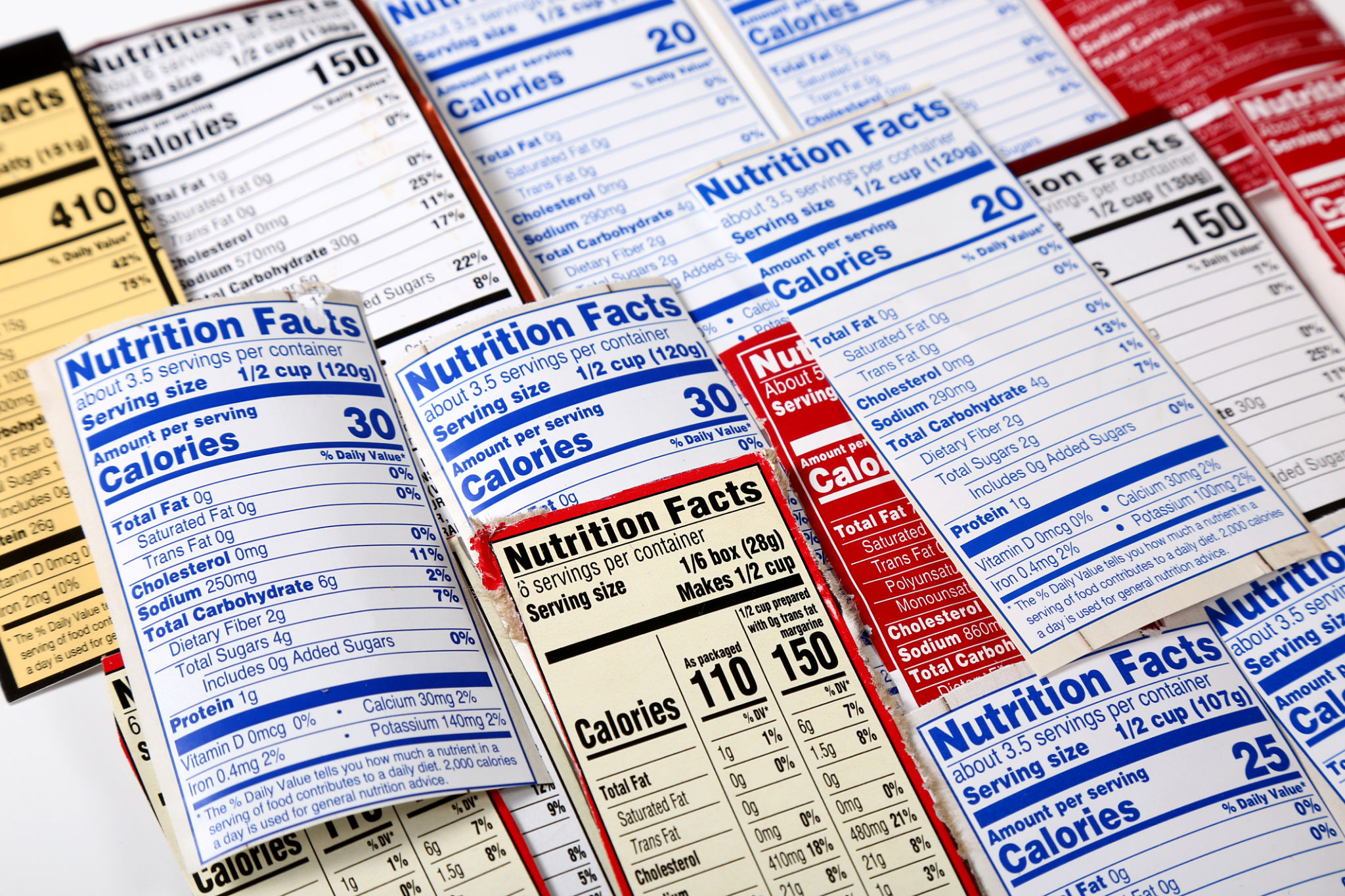Myths About Eco-Friendly Cleaning Products Debunked
Understanding Eco-Friendly Cleaning Products
Eco-friendly cleaning products have become increasingly popular as more consumers aim to reduce their environmental impact. However, a slew of myths surrounding these products can cause confusion and skepticism. In this article, we aim to debunk these common myths and provide a clearer picture of what eco-friendly cleaning products truly offer.

Myth 1: Eco-Friendly Means Less Effective
One of the most pervasive myths is that eco-friendly cleaning products aren't as effective as conventional ones. This couldn't be further from the truth. Many eco-friendly cleaners use powerful plant-based ingredients that are just as effective, if not more so, than their chemical-laden counterparts. For instance, ingredients like vinegar, citric acid, and baking soda have been used for decades due to their potent cleaning properties.
Additionally, as consumer awareness grows, manufacturers are investing in research to enhance the efficacy of eco-friendly products, ensuring they meet high performance standards without the harmful side effects.
Myth 2: Eco-Friendly Products Are Always More Expensive
Another common misconception is that eco-friendly cleaning products come with a hefty price tag. While some brands may be pricier, the market is increasingly competitive, offering a range of affordable options. In fact, many eco-friendly products can be made at home using simple ingredients like lemon juice and baking soda, which are often more cost-effective than purchasing commercial cleaners.

Furthermore, the long-term benefits of using eco-friendly products—such as reduced health risks and environmental harm—often outweigh any initial cost differences.
Myth 3: All Eco-Friendly Products Are Safe
While eco-friendly products are generally safer than conventional ones, it's important to note that not all products labeled as "eco-friendly" are created equal. Some products may still contain ingredients that can cause irritation or allergic reactions. It's crucial to read labels carefully and research brands to ensure they align with your safety standards.
Look for certifications from reputable organizations, such as Green Seal or the Environmental Protection Agency’s Safer Choice label, which indicate a product has met rigorous environmental and health standards.

Myth 4: Eco-Friendly Products Don’t Kill Germs
There's a belief that eco-friendly cleaning products are ineffective at killing germs, but this is not accurate. Many natural ingredients possess antibacterial and antiviral properties. For example, tea tree oil and eucalyptus oil are renowned for their germ-fighting abilities. Moreover, some eco-friendly brands offer products specifically designed to tackle bacteria and viruses without the use of harsh chemicals.
It's essential to follow the instructions on these products carefully to ensure optimal germ-killing efficacy.
Conclusion: The Eco-Friendly Choice
Choosing eco-friendly cleaning products doesn't mean compromising on cleanliness or effectiveness. By dispelling these myths, we hope to encourage more people to make informed decisions that benefit both their health and the environment. As technology and research continue to advance in this field, the future of eco-friendly cleaning products looks promising.
